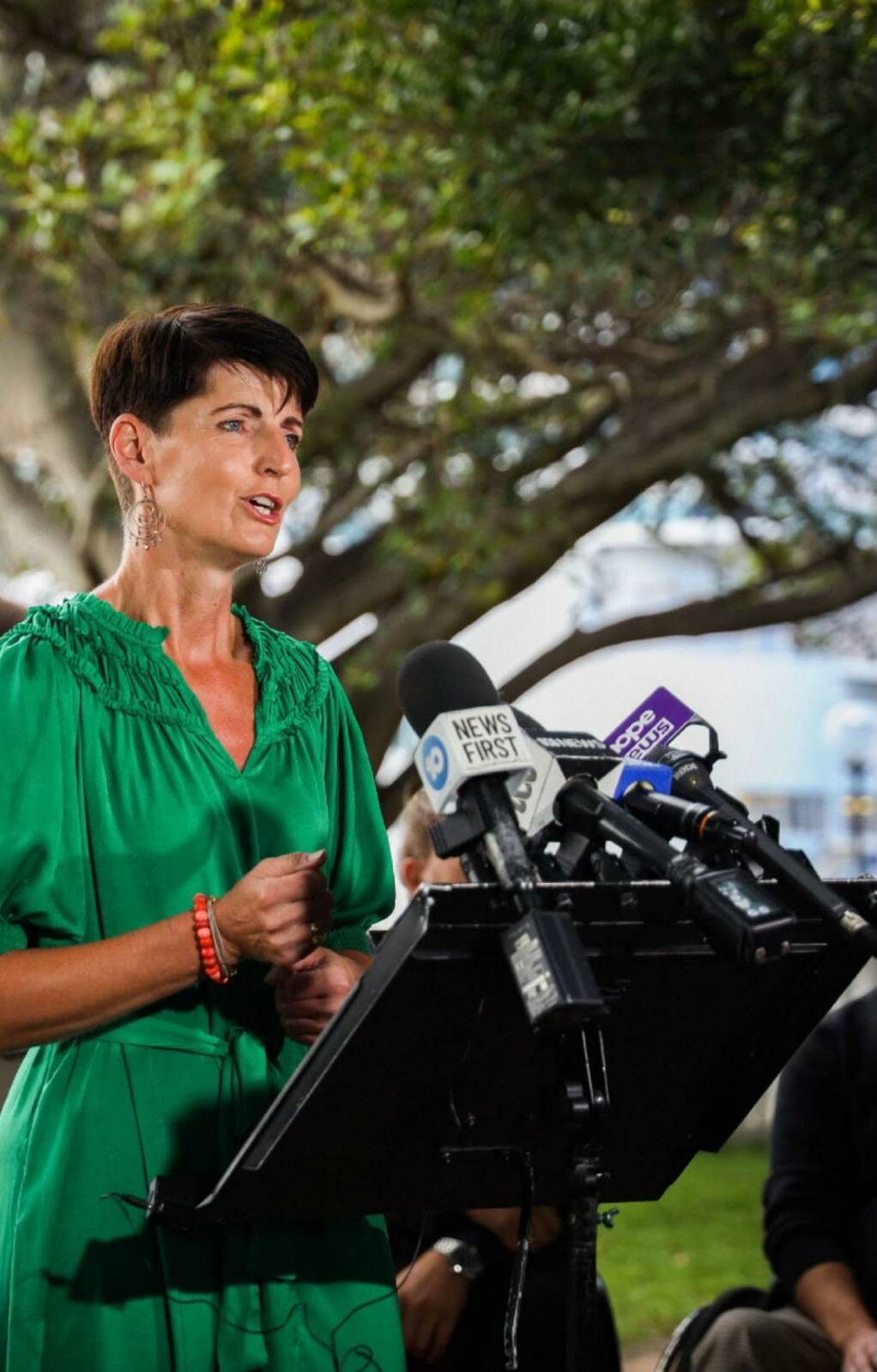
ONE child in out-of-home has cost the state $3.3 million in 12 months, and others an average $1.7 million per year thanks to a child protection system in crisis, says the Public Service Association.
It comes off the back of 12 years of neglect, and the outsourcing of child protection to for-profit providers, Assistant General Secretary of the Public Service Association Troy Wright said on Sunday.
"Our members have borne the brunt of the previous government's heartless regime in child protection, we can see what with the unprecedented burnout, and turnover rates in the sector," Mr Wright said.
"And what we know now is that these for-profit companies have actually cost the taxpayer more. We are seeing terrible outcomes for the state's most vulnerable kids, a sector so run down and demoralised no-one wants to work in it, and an extraordinary cost to taxpayers."
Mr Wright said alternative care arrangements, where children are cared for in high-cost emergency accommodation, were introduced as a stop-gap measure, had become a a part of day-to-day operational practise.
Non-government organisations haven't recruited enough or haven't done enough, and there was a "perverse incentive" for them to use these alternative arrangements.
"They have lost control of this expenditure and they are terrible, terrible placements for the kids, and our members are just screaming from the rafters," Mr Wright said.
"They are having to consider, even when faced with the most abusive environments, they still have to weigh up whether they're better off at home.
The Minister for Family and Communities, Port Stephens MP Kate Washington, agreed the situation was dire.
A half a billion dollars has gone into paying for "the worst outcomes" over the past two years, creating an "unthinkable" situation where for-profits are "making a penny off the back of vulnerable kids", Ms Washington said.
There are more than 480 children in emergency arrangements because there aren't enough foster carers, and roughly 140 children in Alternative Care Arrangements, like hotels and motels, with 24/7 shift workers instead of foster carers, she said.
Meanwhile a departmental review has found that in the financial year 2022-2023, 43 per cent of the children in alternative care arrangements were reported as being at risk of significant harm during that time.
"There are a number of policy failures that have led to this position, it's a problem that has been brewing for some time," Ms Washington said.
"We need to be moving to a system where we are supporting families prior to children being removed, and if they are removed we need to look at restoring them as quickly as possible.
"But while we have a half a billion being spent in two years at the crisis end we need to focus on containing that end while we are looking at the broader reform piece as well."
Measures to address the situation included a department foster carer recruitment drive, following a halt under the previous government in recruitment for emergency foster carers, and more supports and training in place for caseworkers to try and address the very high turnover rate, she said.
"Caseworker vacancies are an enormous issue and impacting on what people can do, that is without question a significant issue across the board and a high priority," Ms Washington said.







